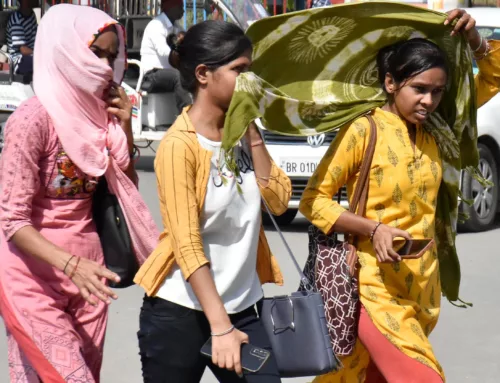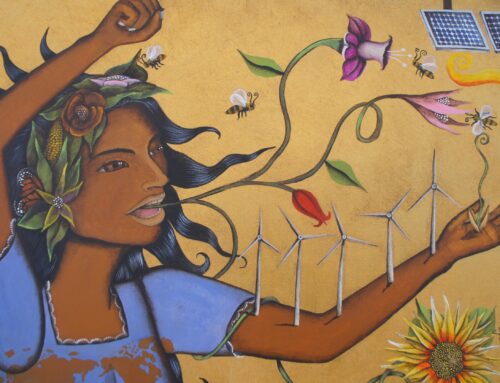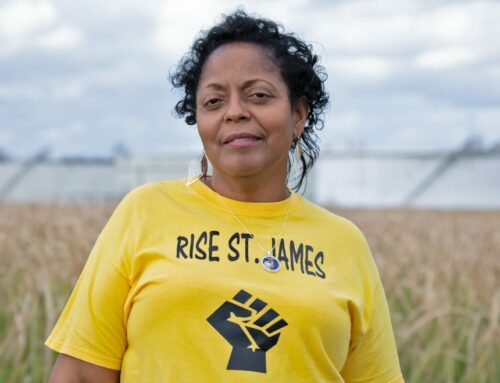Women affected by climate change in areas such as the Carteret Islanders (in Papua New Guinea), Central Vietnam, Nepal, and Bangladesh are being recognized on this article for their protagonism and resilience in the fight against climate disasters. These women’s work ranges from giving first-aid classes to advocating for the creation of drinking water facilities, and governments in these locations are working with local women groups to create policies for climate change adaptation. The Asia Pacific Forum on Women, Law, and Development used the Feminist Participatory Action Research (FPAR) to increase women leadership in developing policies on climate. One of the protagonist groups in these efforts is the Mugal Indigenous Women’s Upliftment Institute, which focuses on the adaptation of farming practices for extreme weather conditions due to climate change. The Mugal women have also been leading efforts to create climate policies in Nepal, working with the government to include traditional knowledge in initiatives against climate change. In Bangladesh, women’s groups are also working with government officials to draft new environmental policies, especially on alternative crop productions. A female leader of one of these movements was elected as a member of the Village Committee in the southwest of Bangladesh, near the Sundarban mangrove forests. Photo credit: The Huffington Post







